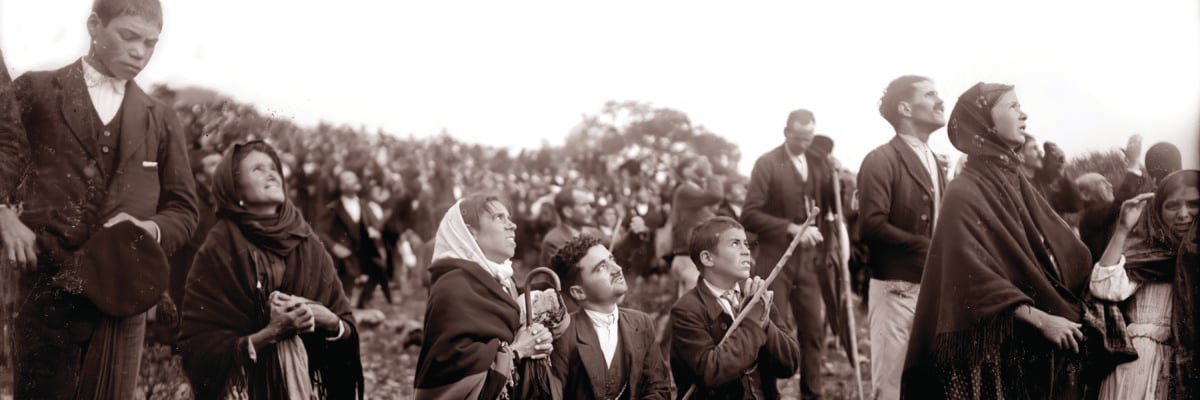
DAY 61
CHALLENGE
“God doesn’t give private revelation or perform any miracles today. These stopped with the first century: ‘As for prophecies, they will pass away; as for tongues, they will cease; as for knowledge, it will pass away. For our knowledge is imperfect and our prophecy is imperfect; but when the perfect comes, the imperfect will pass away’ (1 Cor. 13:8–10).“
DEFENSE
This argument mistakes the time frame Paul is discussing.
He says these will pass away “when the perfect comes.” To claim that happened in the first century, you have to identify what “the perfect” was. Suggestions include the death of the last apostle and the writing of the last book of Scripture.
Paul speaks of “our knowledge” being imperfect, but he is not thinking it will be perfect at the close of the apostolic age or the writ- ing of the last book of Scripture—neither of which he mentions.
He writes: “When I was a child, I spoke like a child, I thought like a child, I reasoned like a child; when I became a man, I gave up childish ways” (1 Cor. 13:11). He describes our present knowledge as “child- ish” compared to how we will come to know God. But the Faith had already been “once for all delivered to the saints” (Jude 3) in Paul’s day, and his knowledge was not childish compared to what was known in A.D. 100, by which time the canon was completed.
He also writes: “For now we see in a mirror dimly, but then face to face. Now I know in part; then I shall understand fully, even as I have been fully understood” (1 Cor. 13:12). Paul did not understand the Faith “dimly” compared to how it would be understood a few decades later.
Finally, the one who has fully understood him is God, and thus it is God who he refers to seeing “face to face.” He thus expects perfect knowledge to arrive at the Second Coming, when we will see God (1 John 3:2). That is when these gifts will pass away.
TIP
The standing New Testament instructions on how we are to discern miracles say to take an open-minded but critical approach: “Do not quench the Spirit,” writes St. Paul, “do not despise prophesying, but test everything; hold fast what is good” (1 Thess. 5:19–21).



